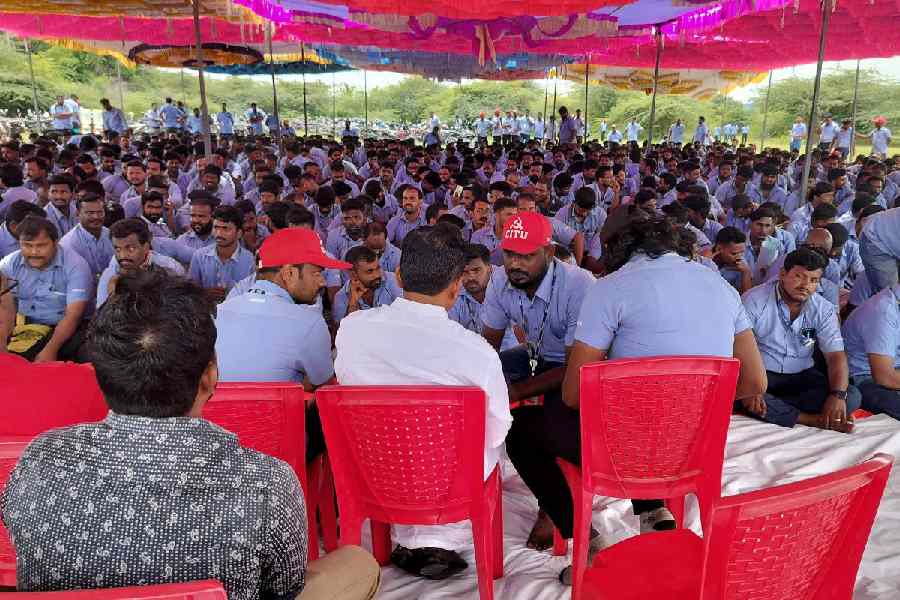With the Samsung factory strike mirroring the Nokia labour unrest, India’s manufacturing stability is under scrutiny, raising doubts about the country’s potential to become a reliable alternative to China for multinational corporations, analysts said.
The strike at Samsung’s Sriperumbudur plant in Tamil Nadu — involving over 2,000 workers — has led to serious questions about the country’s ability to maintain its position as a leading electronics manufacturing hub.
Analysts said if the state government does not intervene swiftly, the situation could mirror the closure of Nokia’s Sriperumbudur plant a decade ago, resulting in job losses and the shifting of manufacturing dominance to China.
“The strike at Samsung is more than just an isolated labour issue—it threatens to derail years of effort to attract investment in Tamil Nadu’s electronics sector. The unrest is escalating and poses a serious risk to the manufacturing ecosystem in the region, which includes major players such as Foxconn, Sanmina and Flex,” Ajay Srivastava, founder of think tank Global Trade Research Initiative (GTRI), said.
With the state contributing 34 per cent to India’s electronics exports, the economic implications are far-reaching.
Delays in resolving the strike could lead to job losses, stalled development, and a significant decline in investor confidence.
Samsung has been operating its Sriperumbudur plant since 2006. The workers, led by CITU, is demanding a wage increase and official union recognition. The unrest is not confined to Samsung, with CITU also pushing for union recognition at other major manufacturers in the area.
The strike at Samsung evokes memories of Nokia’s exit from Sriperumbudur.
A decade ago, Nokia was one of India’s most successful mobile phone manufacturers.
However, a combination of tax disputes and mounting union pressures crippled Nokia’s operations, leading to the plant’s closure in 2013.
Srivastava said: “India urgently requires a dedicated, fast-track dispute resolution mechanism for large firms including multinational corporations (MNCs). Without such a system, labour disputes risk becoming unmanageable and causing significant disruption to India’s manufacturing ambitions.”











